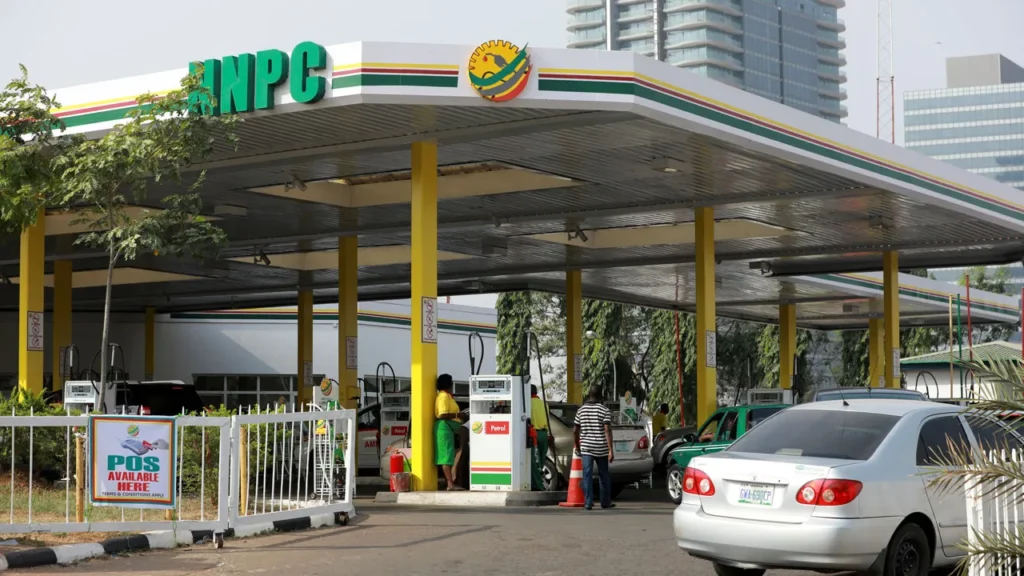Fuel Scarcity Grips Nigeria: Long Queues and Transport Disruptions in Major Cities

The resurgence of fuel scarcity has disrupted normalcy in Abuja and five additional states, with numerous filling stations shuttered and heavy queues forming at the few dispensing outlets, causing distress among motorists and commuters alike.
In the Federal Capital Territory and states like Nasarawa, Niger, Gombe, Sokoto, and Anambra, the scarcity of Premium Motor Spirit (PMS), commonly known as petrol, has left thousands of commuters stranded at various bus stops, exacerbating the challenge of transportation for both citizens and commercial operators.
The scarcity-induced closure of many filling stations has prompted transport fare hikes in affected states, as the limited availability of petrol prompts increased rates from the few transporters who possess the fuel.
Reports suggest that the scarcity stems from a shortfall in PMS supply to the nation’s capital and surrounding regions, compelling the closure of filling stations. Oil marketers have announced plans to convene a meeting with the retail subsidiary of the Nigerian National Petroleum Company Limited to address the root cause of the shortage and strategize solutions.
In Abuja, long queues were witnessed at select filling stations like Conoil and Total, triggering traffic congestion around the NNPC headquarters and adjacent areas in the Central Business District.
Similarly, in Zuba, Niger State, several filling stations, including NNPC and AYM Shafa, remained closed due to the unavailability of petrol. The situation was mirrored in Nyanya, Nasarawa State, where many filling stations ceased operations, intensifying the pressure on the limited number of stations still dispensing fuel.
Oil marketers attributed the supply shortfall to ongoing investigations, underscoring their commitment to addressing the issue through collaborative efforts with relevant stakeholders.
Regarding the broader implications of fuel scarcity, commuters in Anambra State faced significant challenges, with the unavailability of transportation vehicles leading to inflated fares and increased difficulty in accessing essential services and employment opportunities.
While the exact cause of the petrol stations’ closure remains unclear, speculations among the public range from potential strikes by station operators to suspicions of deliberate price manipulations.
Efforts to obtain clarification from the Anambra State Commissioner for Petroleum and Mineral Resources, Anthony Ifeanya, yielded reassurances to commuters and motorists, with an assertion that the closures might be attributed to scheduled meetings among petrol marketers.
Across various states, including Lagos, Ogun, Gombe, and Sokoto, the scarcity persisted, accompanied by reports of escalating fuel prices and intermittent station closures, further compounding the challenges faced by citizens already grappling with economic uncertainties.
As the situation unfolds, Nigerians remain hopeful for swift resolutions to alleviate the strain of fuel scarcity and its consequential disruptions on daily life and economic activities.




